*Aboriginal and Torres Strait Islander people should be aware that this article contains images and names of deceased persons.
I’ve lost count of the number of cats I had as pets during my 30 years living in West Brunswick. The main one was a ginger Tom named Nicky, short for Nicholas. He lived for 17 years. Another long termer was Snowy, short for Snowdrop. He was a fluffy white Persian cat with blue eyes and a pink nose.
The fact that we gave them nicknames indicates the extent to which we regarded them as family. My mother, Olive, often said, “Animals are humans but they are trapped in a different body and cannot speak”. I know that isn’t scientific, but I grew up with that lesson and cannot kick it. To this day, that’s how I see animals, especially cats.
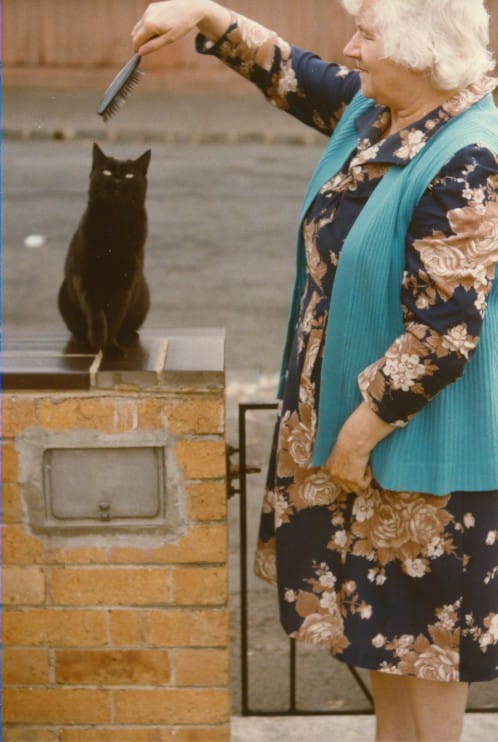

Sasha with mum and brush c1985 (source: Barry York)
Snowy was my pet from a young age and into my teenage years when he died. Nicky then took over and lasted into the late 1980s, after I had left Brunswick for Sydney.


Barry with Snowy 87 Shamrock Street 1964 (Source: Barry York)
Along the way, there were so many others: Bingo, Extra, Sascha and Maxie (short for Maximillian). And others whose names I forget. Maxie was very special to my mother and he died on her lap, after an illness. My mother never drank alcohol, apart from a rare sherry when we had visitors, but when Maxie died, she asked me to pour her a brandy. She was distraught.
Often our pets were stray cats that we adopted. At one point, my mother was feeding eight cats, a few of which were our pets. There was never any shortage of kittens in Brunswick in the 1960s and 1970s people were not as knowledgeable when it came to responsible cat ownership.
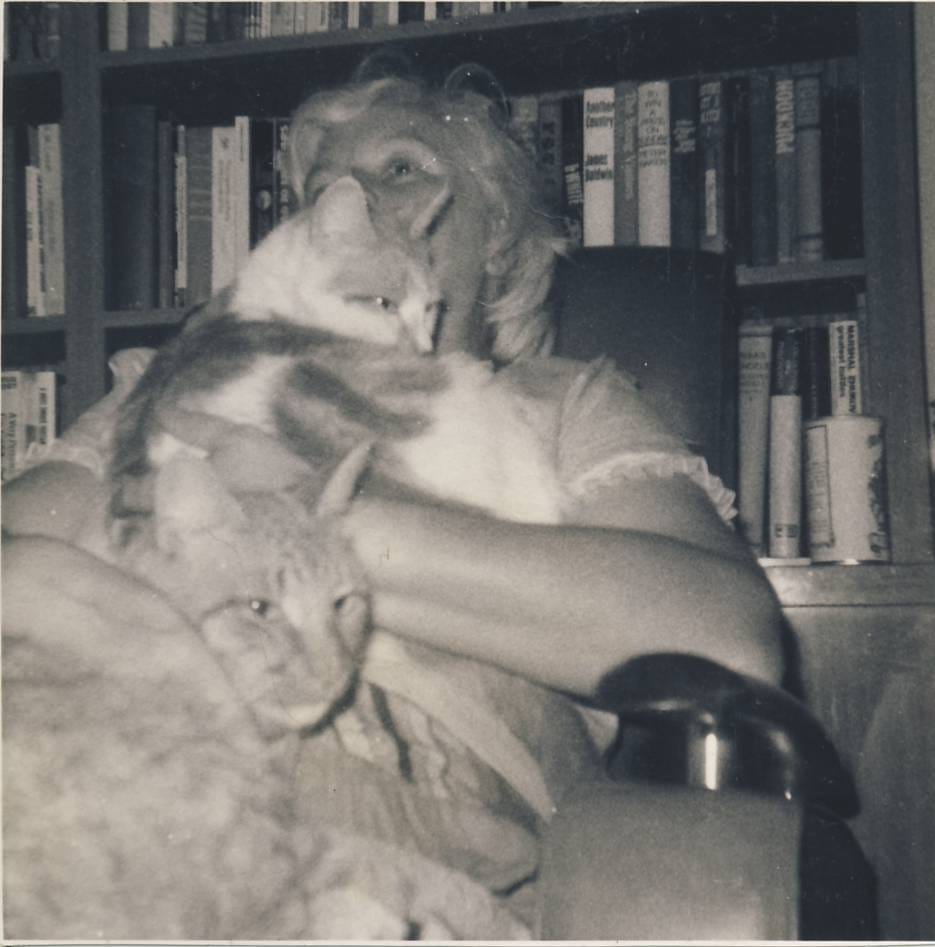

Olive York with Maxie, her favourite, and Nicky (below) c1985 (source: Barry York)
Cat ownership made sense in Brunswick because it was difficult to own a dog in those parts that were becoming increasingly busy with car traffic, such as my street Shamrock Street. Also, Brunswick people back then were low-income, like my parents, and cats were less expensive than dogs to feed and care for. In my youth, I recall greyhounds, muzzled, as the most common dogs in my part of Brunswick.
My father, Loreto, was also a cat lover. When he would hear of cruelty to animals, his temper would come to the fore. I hate to imagine what he would have done to anyone he caught being cruel to an animal.
My parents and I heard many stories of incredible cruelty to animals in Brunswick and Coburg because we were friends with the late Brunswick campaigner against such cruelty, Joyce Dalle-Molle.
She would visit our home and inevitably relate the latest find during her late night searches around the Coburg Lake and other areas where cats and dogs were frequently dumped, often after being tortured. She bore the weight of all this cruelty heavily on her shoulders and did something about it by rescuing injured animals. There is much talk these days about the need for more statues of women. Well, Mrs Dalle-Molle deserves one (I would love to know more about her).
Our cats lived like kings and queens. I like to joke that, should reincarnation be true, then I want to return as a cat owned by people like my parents and me.
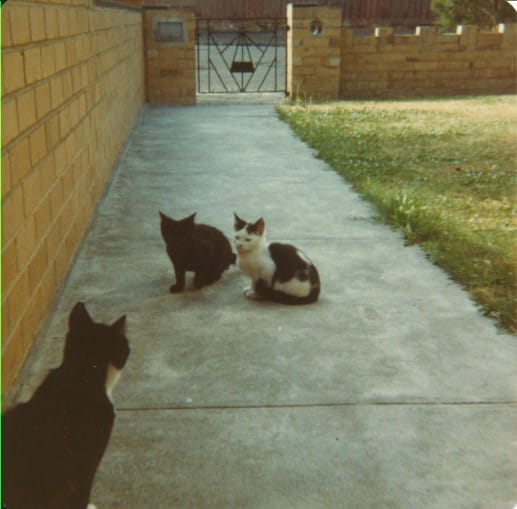

Kittens that the mother cat brought to our place, my mum felt it knew we would look after them (source: Barry York)
Mark Twain was a great cat lover and he said that if humans were mixed with the cat, then the cat would be diminished and the human advanced. I understand what he meant. I love the cat’s refusal to be obedient and their independence. The ancient Egyptians were right to deify them, and the medieval Christians were wrong to demonize them (literally). I have had friends who tell me they hate cats. I just don’t get it.
I know that cats can be menacing to other smaller species, such as birds and small mammals, but the latter can be a service when the small mammals are rats and mice. It’s a matter of balancing the social good that comes from cat ownership – something well proven – with the environmental risks.
In preparing for this article, I read the Merri-bek Council’s policy and was heartened to see that the Council understands that stray cats are the principal problem and that domestic cat curfews do not achieve much. I think the latter are cruel and a disincentive to the elderly people who benefit the most from the company of a pet cat or two.
For me as a single kid growing up in a home that was not always a happy one, my pet cats were an emotional outlet and they also taught me the importance of sensitivity and caring for other sentient beings. They have brought me great happiness over six decades of responsible pet ownership.
As a token of my appreciation of the cats I have had as pets, in 2015 I compiled a booklet about them. It is, in part, a social history of Brunswick through cats. The booklet includes photos of my
mother’s cats in London from 1930 (her first cat Dinky, was a large black Persian) until our emigration to Melbourne in 1954 and then photographs and text about our cats from 1954 on.
I have scanned the booklet and will send a copy to anyone who requests one.
[email protected]
NOTE for Newsletter subscribers. If you’re here after reading January 14 2024 Newsletter thanks for reading! It would be awesome if you dropped me a line to say hi – click here to send me a note – Pablo.
This article was written, edited, and published on the stolen lands of the Wurundjeri-woi wurrung People, whose sovereignty was never ceded.


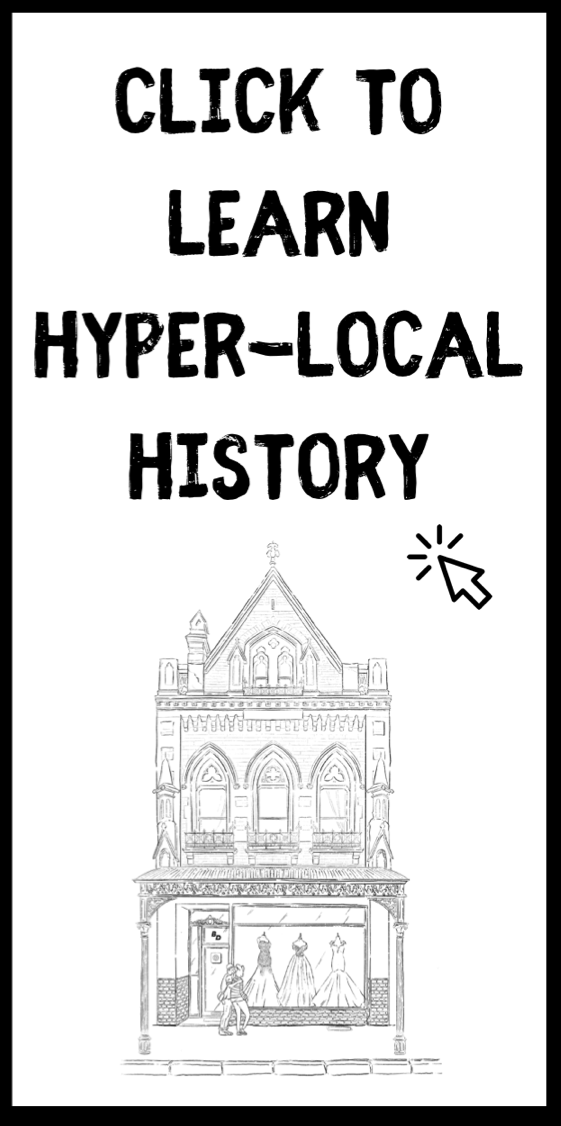
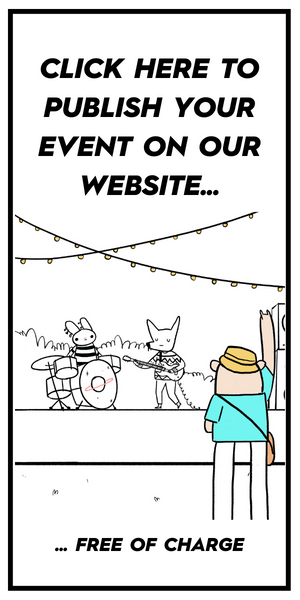
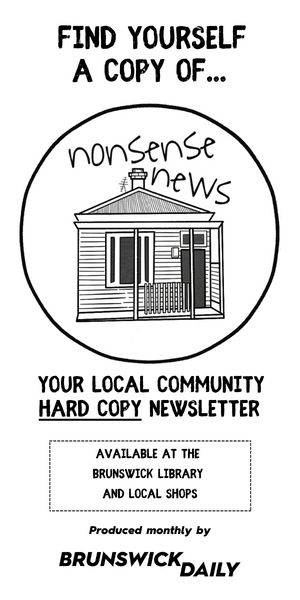
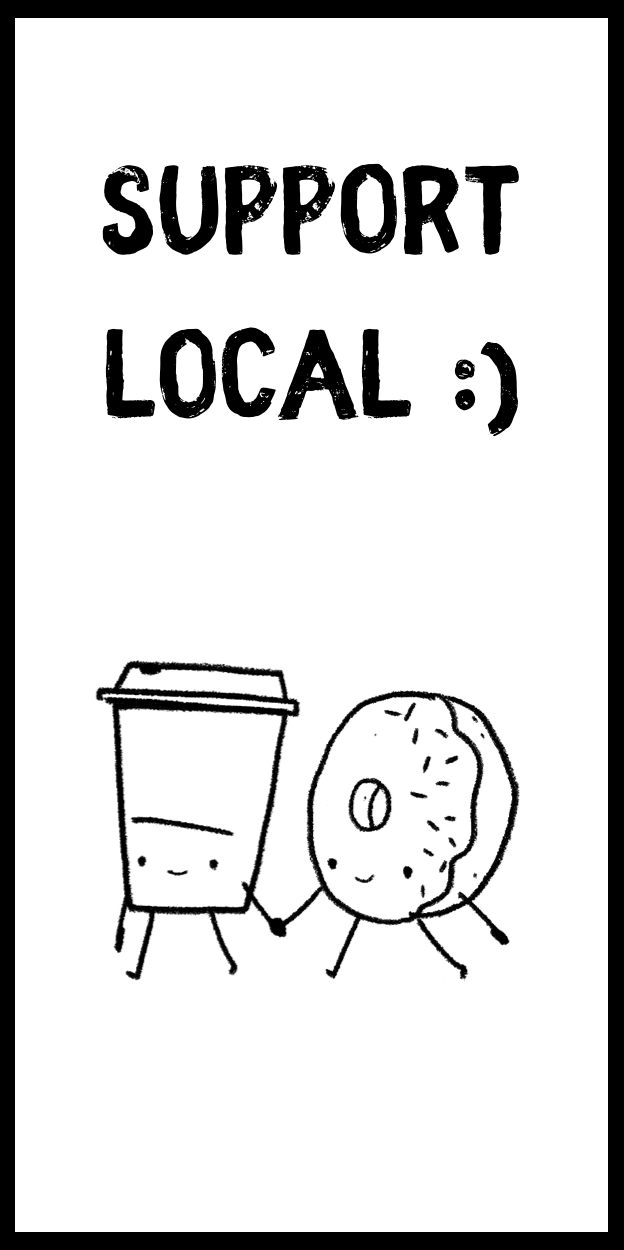
This was a nice read of our feline friends, thanks Barry